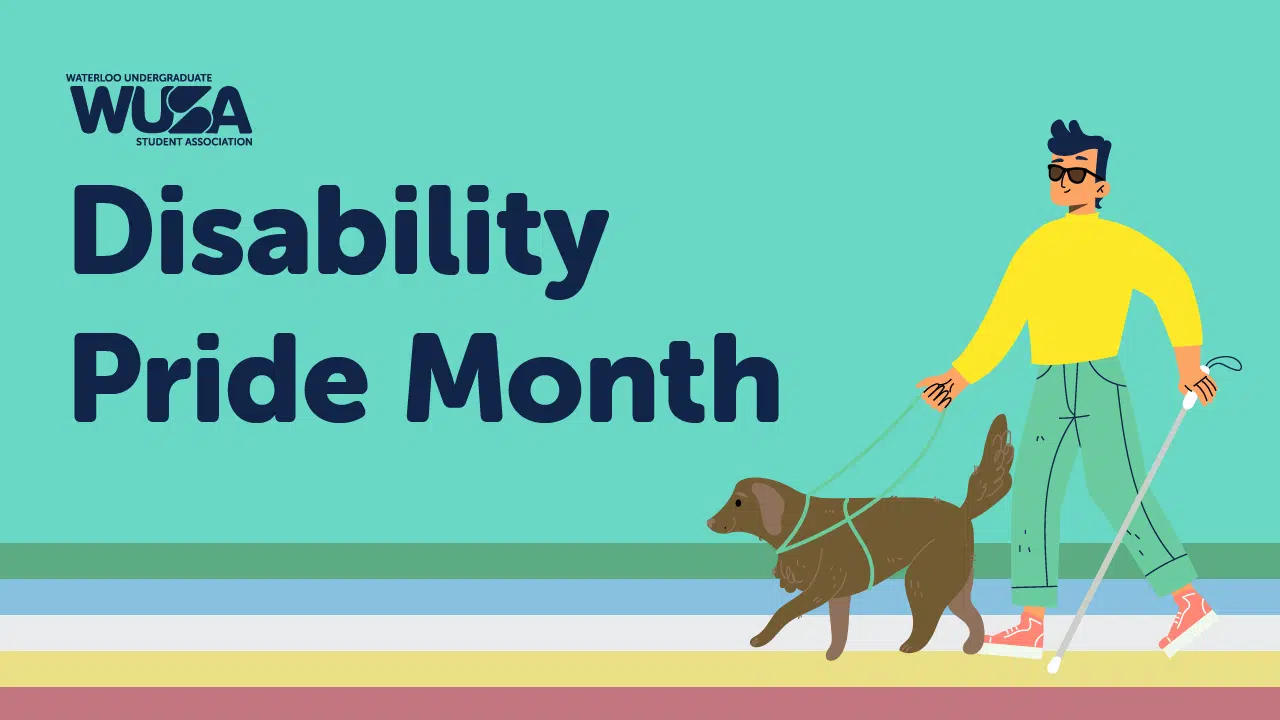Speaking Up For Yourself: Everyday Actions That Make a Difference

Standing up for yourself isn’t always easy – but it’s one of the most important skills you can develop as a student. Whether you are negotiating a deadline extension with a professor, bringing up a concern in student housing, or trying to access the right mental health resources on campus, knowing how to clearly express your needs can make all the difference. The ability to voice concerns, set boundaries, and request support is an essential skill for all.
To help students navigate these everyday challenges, WUSA offers An Advocate’s Toolkit—a practical resource designed to help you navigate these situations with more clarity and confidence.
How This Toolkit Can Help You
This guide is full of practical tips and step-by-step guidance on how to handle tough conversations, express your concerns, and feel more prepared when you’re unsure what to say. Here are a few key takeaways:
- Step-by-Step Planning – Learn how to identify the root cause of an issue, set clear goals, and develop a plan to address it.
- Effective Communication Strategies – Discover strategies for crafting your message and choosing the best methods to get your point across.
- Building Confidence – Find advice to help you feel more confident when speaking up, whether it’s in a one-on-one conversation or a group setting.
- Self-Care Strategies – Understand the importance of taking care of yourself through the process, with tips on managing stress and avoiding burnout.
- Resource Directory– Access a list of campus resources, including student services and support centers, to help you find the assistance you need.
What Is Advocacy, Really?
Advocacy is about effectively communicating needs, concerns, and solutions. Advocacy can take different forms, including:
- Self-Advocacy – Standing up for your own rights and needs, such as requesting accommodations for a learning disability or contesting an unfair grade.
- Peer Advocacy – Supporting a friend or fellow student by helping them navigate a difficult situation, like guiding them through a complaint process.
- Systemic Advocacy – Working toward broader change, such as pushing for improved campus policies or more inclusive student services.
No matter the scale, advocacy is about ensuring that voices are heard, and positive changes are made.
You’re Already an Advocate!
If you’ve ever asked for something you needed, helped a friend through a tough situation, or worked toward improving your campus experience, congratulations, you’re an advocate! This toolkit is just here to make it easier, and help you feel more prepared when it counts.
By equipping yourself with self-advocacy tools, you’re not only improving your own university experience but also contributing to a culture where students feel empowered to speak up and create positive change.
Everyone has their own way of getting through tough days. Want to know yours?
👉 Tell us what meme you react with, and we’ll reveal your university survival style.
Alexandra Minard
Communications Assistant
Published: Wednesday, April 30, 2025
Related Articles
Advocacy, Featured, General, Student Blog, Student Life




